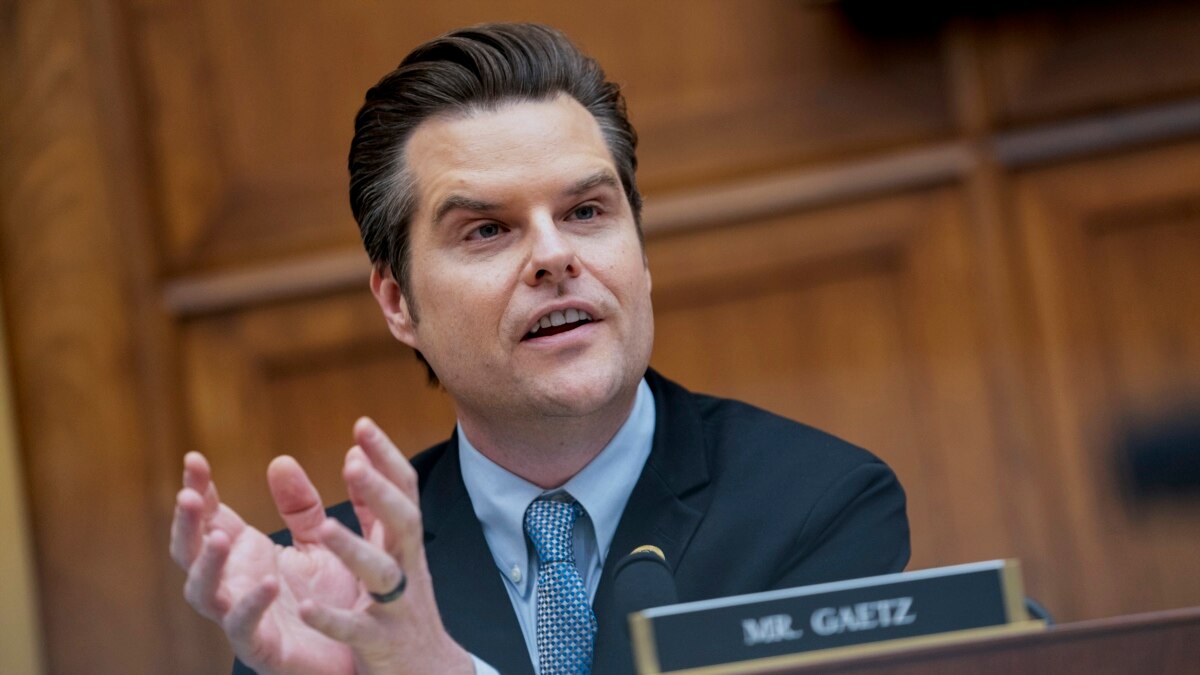In the era of lengthily dynamic world and ever-changing socio-economic trajectory, putting a range of social, economic and even political measure in place is highly foreseeable. Hence, sound as well as timely steps taken when compounded with transparency in all practices ushers in the path of sustainable development.
The newly declared macro-economic reform program in Ethiopia is strongly believed to be instrumental in helping the national economic growth accelerate in a sustainable manner, promoting entrepreneurship and encouraging innovation; thereby creating jobs the bulging youth population.
The reform is also of paramount importance in fostering the homegrown economy, bolstering production and productivity as well as building government’s capacity.
Such a positive trend needs to be backed with institutions that have highly efficient implementation capacity, transparent mode of running activities and efficient use of resources. Equally, the forex liberalization reform announced by National Bank of Ethiopia (NBE) is quite useful in allowing foreign exchange to be retained by exporters and commercial banks and thus substantially boosting foreign exchange supplies to the private sector. The reform introduces a competitive, market-based determination of the exchange rate and addresses a long-standing twist within the Ethiopian economy.
True, reform helps Ethiopia have big gain in terms of attracting investors, seizing the means for debt disbursing and getting inflation dwindled. Unequivocally, the current reform/macro-economic policy has recognized that Ethiopia should eventually move towards a market-based foreign exchange system as its economy grows in complexity and evolves over time.
Yes, doors are open for foreign investors and ways for promoting economic growth. Such a promising step would bear fruits if backed by strong working culture, government transparency and coming up with capable institutions to adeptly implement activities.
Ethiopia needs more supports from international financiers. Prime Minister Abiy Ahmed (Ph.D) recently told lawmakers that around USD 10.5 Billion are being negotiated from the IMF and the World Bank. The previous activities of the government brought encouraging results. For instance, according to the prime minister, the country’s GDP has grown to 205 billion USD from previous 86 billion USD. And if Ethiopia secured the stated financial support from IMF and the World Bank, its economy show an unprecedented performance.
In principle, economic reforms help generate higher income, productivity, and development if properly handled, and the Ethiopian government has to attach due emphasis to such a lucrative move. Of course, it has been working towards that end. For instance, the government is implementing numerous economic reforms to address longstanding problems, including debt burden, inflation, unemployment, and low productivity thereby coming up with a difference in all aspects. The opening of forex bureaus outside of banks and other measures taken will have layers of benefits.
Interestingly, in countries which are knotted with increased unemployment, declining productivity and weak public finances like ours, adopting policies of fiscal consolidation and structural reform in goods, labor and financial markets is truly a timely step. Since the current system has given rise to large-scale illicit import- export of Ethiopia’s invaluable possessions and diverted the country’s foreign exchange earnings away from the formal banking system, taking measures like this can be an incomparable move. When programs or actions are scrupulously applied, the leeway benefiting finger counted actors fighting for unlawful enrichment will be prettily clogged. Besides, the reform in various areas has indeed opened up numerous opportunities for the private sector and for driving future growth at national level.
In a nut shell, the macro-economic reform program targets at sustaining the economic growth, encouraging innovation and creating suitable trade at a competitive scale as well as helping homegrown economic activity keep its increasing momentum. Besides, the forex reform is essential to address acute foreign exchange shortages, enhance export competitiveness, attract Foreign Direct Investment (FDI), and level the ground for the private sector to play a profound role in the country’s economic activity.









